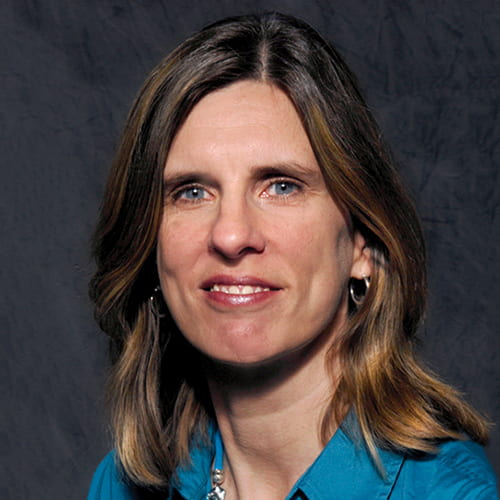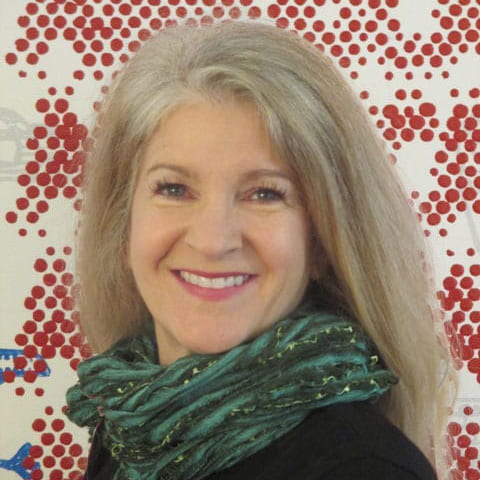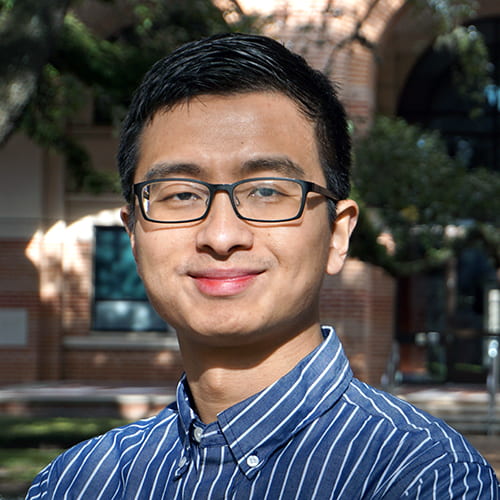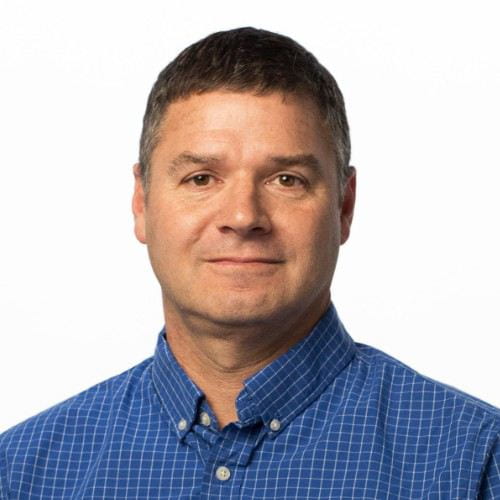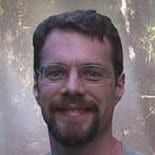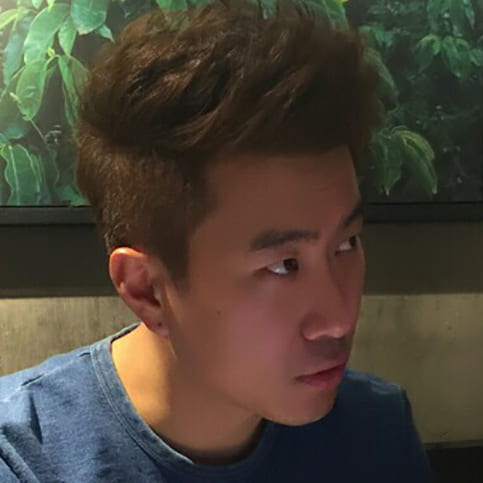
Myeongjae “MJ” Jeon (Ph.D. ’14) is an Assistant Professor in the Department of Computer Science and Engineering at UNIST, South Korea. Prior to joining UNIST, he spent several years in industry with the Systems Research Group in Microsoft Research Redmond and the R&D group at ARM Semiconductors.
MJ’s research interests span distributed systems, data analytics engines, computer architecture, and applied machine learning. His research goal is to advance the state of the art in emerging large-scale computing platforms by making them more efficient, responsive, intelligent and programmable. Currently at UNIST, he attempts to realize such goal in the context of distributed processing of deep learning workloads, real-time stream data analytics at cloud-IoT scale, and blockchain architectures.
MJ also values real-world impacts systems research can bring out. Thus far, his prior research work has been deployed in production systems in Microsoft, including Bing search engine, Open Platform for AI (OpenPAI), and Azure telemetry monitoring system.
